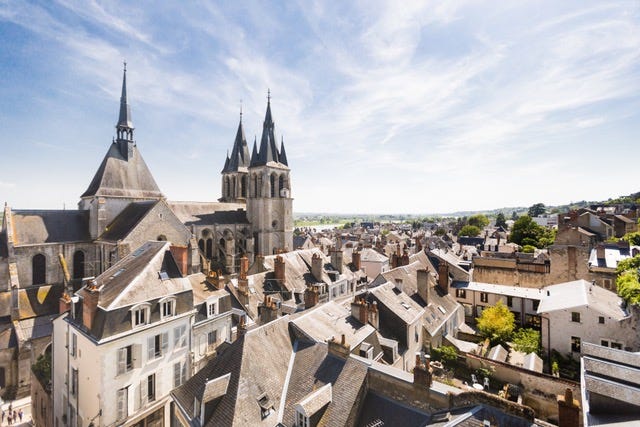On poetry and bookselling and reading and art
A few more quotes I’ve taken from Elizabeth Goudge's, A City of Bells, pertaining to poetry and art and bookselling and reading. There is high praise for the writing of poetry, but as Elizabeth Goudge did not write poetry herself and wrote wonderful prose I think she is allowed to say it, and I do like the connection between art and wonder:
I have heard it said that real poetry is always the expression of very intense perception. The jog-trot of prose is sufficient for the mere observer to record his observations in, but the man who has seen behind an appearance to its significance employs winged verse. He must, like a lark, leap up above the material plane if he is to convey any impression of the significance to which he has penetrated.
...
“A bookseller," said Grandfather, "is the link between mind and mind, the feeder of the hungry, very often the binder up of wounds. There he sits, your bookseller, surrounded by a thousand minds all done up neatly in cardboard cases; beautiful minds, courageous minds, strong minds, wise minds, all sorts and conditions. And there come into him other minds, hungry for beauty, for knowledge, for truth, for love, and to the best of his ability he satisfies them all ... Yes ... It's a great vocation ...
... Moreover his life is one of wide horizons. He deals in the stuff of eternity and there's no death in a bookseller's shop. Plato and Jane Austen and Keats sit side by side behind his back, Shakespeare is on his right hand and Shelley on his left.”
...
“I think it will last," said Grandfather. "In my experience when people once begin to read they go on. They begin because they think they ought to and they go on because they must. Yes. They find it widens life. We're all greedy for life, you know, and our short span of existence can't give us all that we hunger for, the time is too short and our capacity not large enough. But in books we experience all life vicariously.”
...
And though, like everyone else, he had written passable poetry in his youthful days he did not find it so easy now that life and its disillusionment had a little dulled his perception of beauty and his response to it. “How is it that artists keep their powers of perception even in the days when life darkens?" he asked himself. Thinking about it and taking as his model Grandfather, an artist in religion who had given to its study the devotion and the hours of discipline that a violinist devotes to his instrument, he thought that their perception was born of the faculty of wonder, deepening to meditation and to penetrating sight and so strong that it could last out a lifetime. Grandfather wondered, all day and every day, at the wisdom of God and the beauty of the world, and Ferranti had wondered at the waste and pain and frustration of life.”


